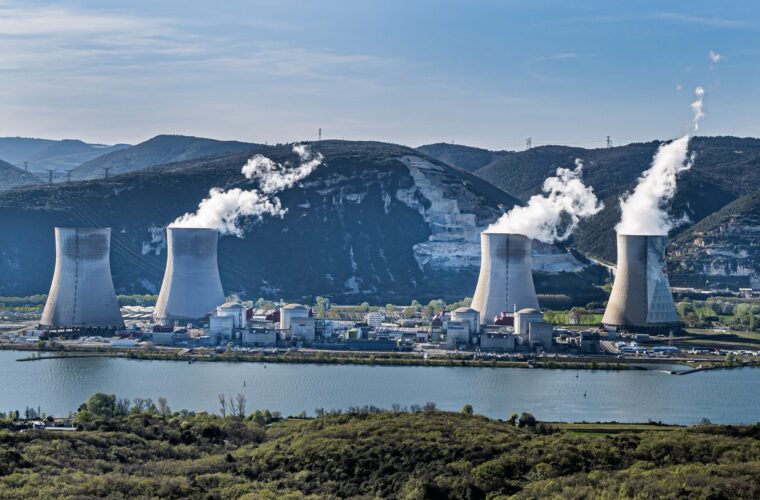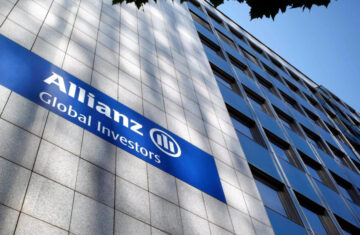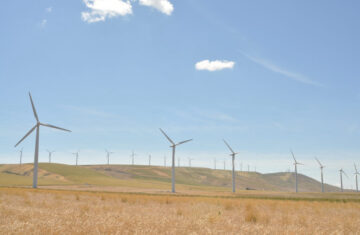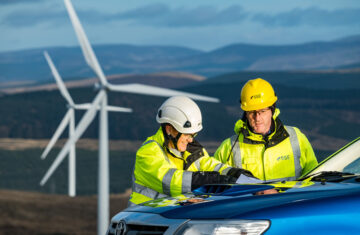To avoid using renewable energy sources and to meet EU standards
The European Commission and France have been at odds over development targets for renewable energy for a number of years. By 2020, 23% of France’s total energy consumption is expected to come from renewable sources, according to a 2009 goal.
Brussels has continued to criticize Paris because it has not succeeded in achieving this objective. France was reprimanded in December of last year for submitting an energy transition plan (Pniec) that was considered inadequate. The project’s target of 33% renewable energy by 2030 is significantly less than the 44% mandated by a European directive from 2018.

The Same Approach
In the face of criticism, France continues to pursue its energy policy. The European Commission has published an updated version of the Pniec, which indicates that France is sticking to its original goals for the advancement of renewable energy sources. The “decarbonized” goal, which includes nuclear power because of its low greenhouse gas emissions, is what the French government would rather insist upon. By 2030, the plan calls for France to consume 58% of its energy in a decarbonized form. According to Paris, this will completely support European climate goals. The government emphasizes that in 2024, it will finally achieve the 23% renewable energy target that was set for 2020.
Prospects and Hazards
In response to the directive’s provision regarding retroactive purchases of renewable energy production volumes from other nations in the event of target non-compliance, the French government has written to the Commission to explain its stance. The European Commission may impose penalties on France as a result of this stance. However, France is hoping to enlist the support of other states by substituting decarbonization targets for renewable ones in light of the renewed interest in nuclear power in Europe. By 2030, the national plan aims to reduce greenhouse gas emissions by a minimum of 50% when compared to 1990 levels.
Meetings and Upcoming Difficulties
Because it includes three strategy documents that have not yet been submitted for public comment, the updated Pniec is not final. The Multiannual Energy Program (PPE), the Third National Climate Change Adaptation Plan (PNACC-3), and the Third National Low-Carbon Strategy (SNBC-3) are the three documents in question. Post-legislative political negotiations may affect the schedule for these consultations. The French strategy draws attention to a major issue facing the EU: striking a balance between various forms of decarbonized energy sources while upholding shared goals. Future European energy policy may be reshaped by the debate over the use of nuclear power in decarbonization targets.



